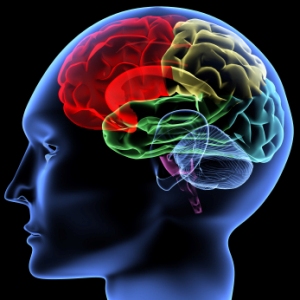
Applying painless but targeted electrical stimulation to parts of the brain that play a role in number manipulation may in future be a way to help people who struggle with maths, scientists said.
Researchers who experimented with a type of brain stimulation called transcranial random noise stimulation (TRNS) found that in less than a week it improved students' performance in both calculation and rote learning of mathematical tasks.
The researchers stressed this was a small, early-stage study with more research required, but said the technique may one day help people with learning problems or neurodegenerative diseases like Parkinson's or Alzheimer's. It could also help people reach their full potential in maths and other tricky subjects.
How the study was done
The experiment involved 51 students from Oxford who were asked to perform two arithmetic tasks testing their calculation and rote learning abilities over a five-day period. Around half the volunteers were given TRNS while performing the tasks each day.
"With just five days of cognitive training and non-invasive, painless brain stimulation, we were able to bring about long-lasting improvements in cognitive and brain functions," said Roi Cohen Kadosh of Britain's Oxford University, who led the study.
The improved performance was maintained for six months after the stimulation and training, he said.
TRNS applies random electrical noise to targeted regions of the cortex - a part of the brain important for memory and attention - through stimulation electrodes placed on the surface of the scalp. It is non-invasive, painless and relatively cheap.
Publishing his findings in the journal Current Biology, Cohen Kadosh said it was not entirely clear how the stimulation works, but evidence suggests it helps the brain work more efficiently by making neurons fire more synchronously.
Brain stimulation to perform better
Cohen Kadosh and colleagues have published previous studies showing how other forms of brain stimulation can make people better at learning and processing numbers.
"Maths is a highly complex cognitive faculty that is based on a myriad of different abilities," Cohen Kadosh said. "If we can enhance mathematics ... there is a good chance that we will be able to enhance simpler cognitive functions."
The researcher said that if future experiments with TRNS continue to show positive results, the technique could be used in clinics, classrooms and even at home to help people who struggle with particular cognitive tasks.
"This could include anyone from a child falling behind in ... maths class to an elderly patient suffering from neurodegenerative disease," he said.




 Publications
Publications
 Partners
Partners














